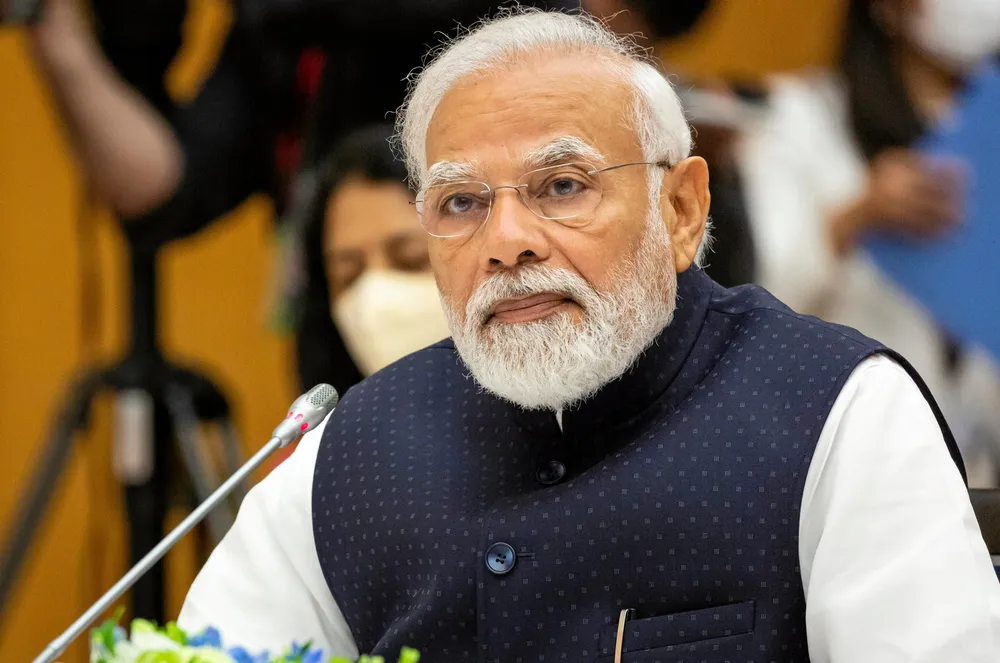Indian cabinet approves $2.1bn of initial funding for two separate green hydrogen subsidies
The funding will enable at least five million tonnes of green hydrogen to be produced annually by 2030, government says

The funding will enable at least five million tonnes of green hydrogen to be produced annually by 2030, government says
